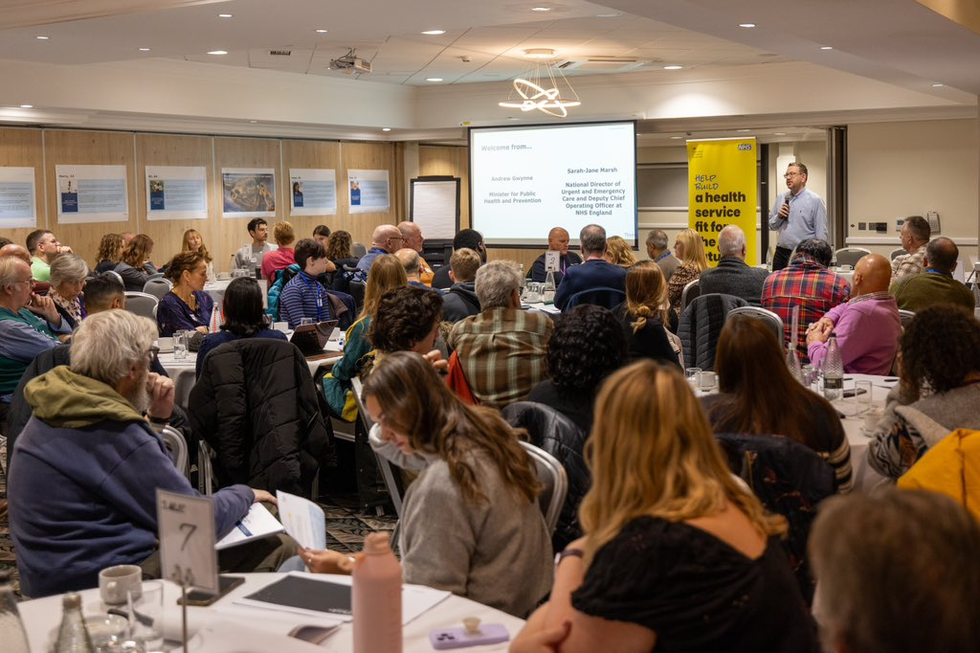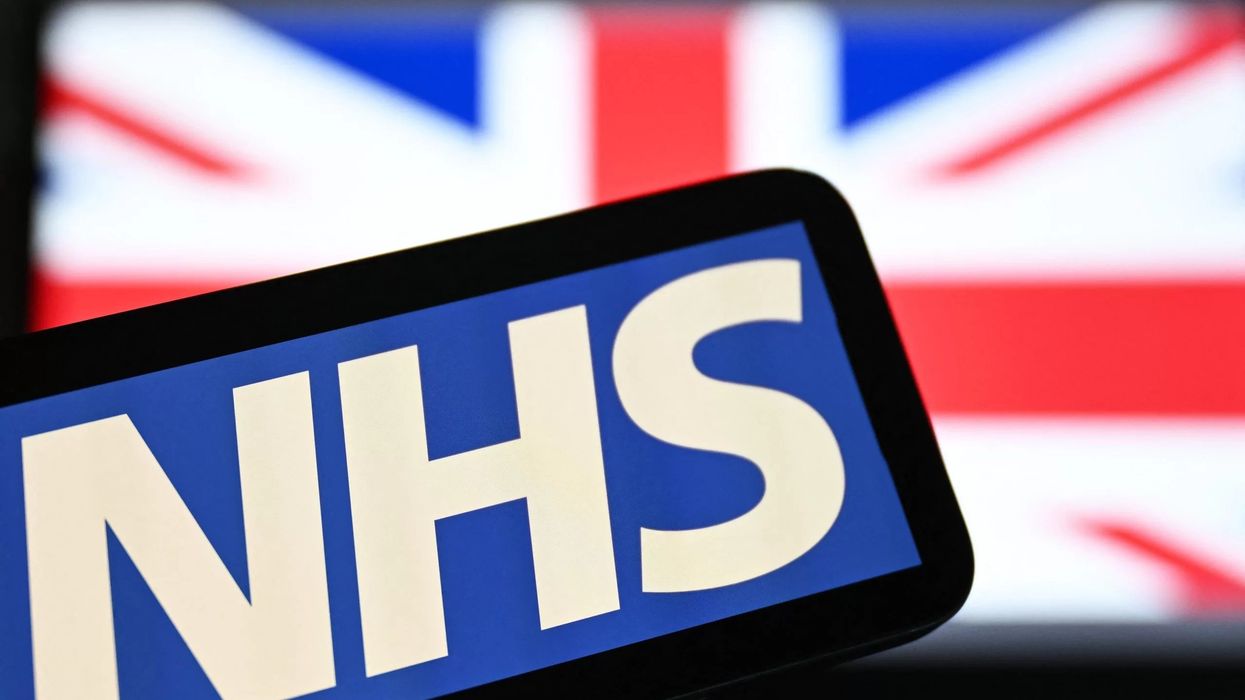The second national event gathered views from people in the Midlands for delivering an NHS fit for the future
The government has received thousands of ideas to fix the NHS as the biggest ever conversation about the future of the health service reached the Midlands last week.
More than 100 people from across the Midlands participated in the public debate in Wigston in Leicestershire on Saturday (23 November), sharing their experiences, views and suggestions for delivering an NHS fit for the future.
Public health minister Andrew Gwynne and NHS England’s national director for urgent and emergency care Sarah-Jane Marsh attended the debate, inviting attendees’ opinions on NHS reform and how the government’s 10 Year Health Plan can help tackle disparities in the region.
Addressing the event, Gwynne said: “We can’t change the NHS and make it better without you.”
“When we say that the NHS is broken but not beaten, it’s not beaten because the staff are incredible, it is because the NHS is not where we need it to be.”
Gwynne emphasised that while the NHS of 1948 remains “incredible,” it is not “fit for the future”, with people living longer now and with more complex conditions.

Marsh underscored that the 10 Year Health Plan is “our chance to help the NHS continue to innovate and adapt, and make best practice, normal practice across the country.”
“As someone with over 20 years’ experience working in the NHS in the Midlands – including almost 14 years as CEO of Birmingham Women’s and Children’s Hospital - I know how vital it is to hear from patients and their families directly, so it is truly fantastic that more than a million people have already come forward to let us know about their experiences,” she said, encouraging more people to come forward.
The minister and national director also visited a mobile vaccination unit in Loughborough, and met a super vaccinator, who offers a full range of childhood vaccines and seasonal and adult vaccines. They saw first-hand the impact that the mobile vaccination unit and super vaccinators are having on the community.
Health challenges in the Midlands
The latest government data shows that over 1.4 million patients were on the waiting list in the Midlands, with nearly 50,000 waiting more than a year.
At the end of September 2024, more than 100,000 patients waited more than four weeks for a GP appointment in the region.
Suggestions to fix NHS
Over one million people have visited the online platform change.nhs.uk that the government issued last month, inviting NHS staff, patients, experts, and the wider public to share their ideas for fixing the health service. It will be live until spring 2025 and is available via the NHS App.
Thousands of ideas have been submitted, including -
- Creating an NHS research health company to gather insights for early prevention initiatives
- Implementing digital records to ensure hospital records are accessible at all GP surgeries
- Introducing pop-up or mobile clinics to address surges in demand for services in underserved areas.
- Reducing waste by discontinuing paper leaflets and letters, limiting them to individuals without IT access.
The government has assured that all submitted ideas will be carefully considered to gain a better understanding of the priorities of the public, patients and people working in health and care.
In-depth discussions with the public began the previous week, along with online workshops with staff. Tools and training were also provided for organisations to run events with their communities.
The public engagement exercise will help shape the government’s 10 Year Health Plan, which will be published in spring 2025. It will be underlined by 3 big shifts in healthcare: hospital to community, analogue to digital and sickness to prevention.
The government aims to establish new neighborhood health centers to provide care closer to homes and communities, modernize the NHS with a unified patient record accessible through the NHS App, and focus on preventing illnesses before they occur.


















